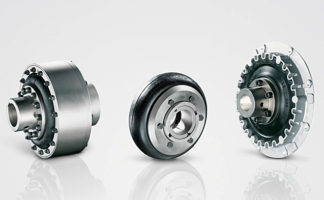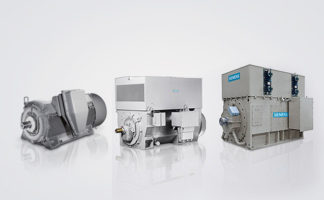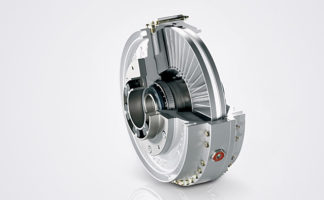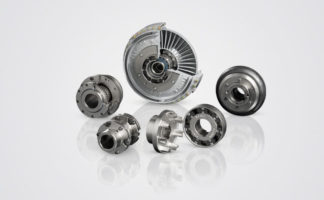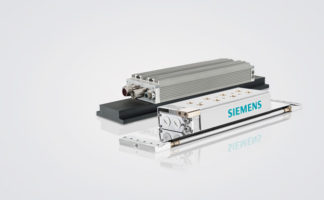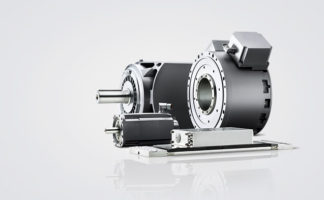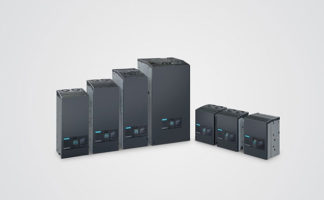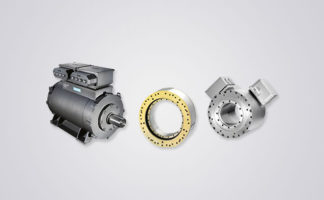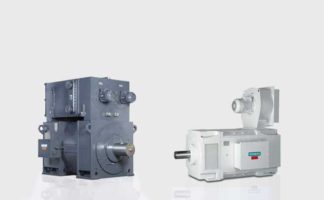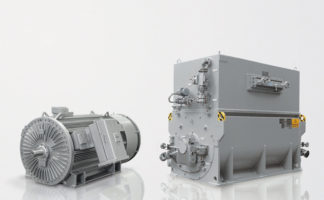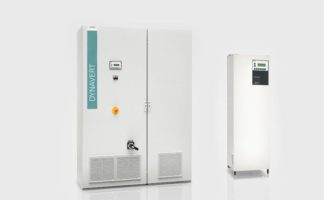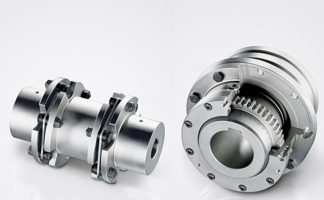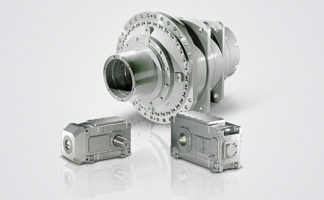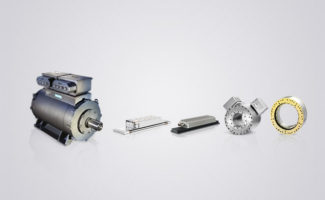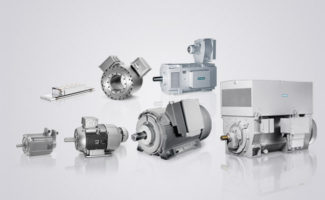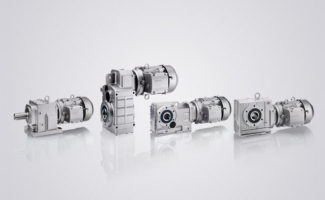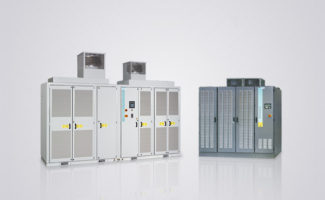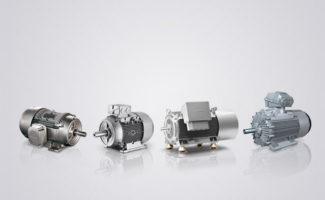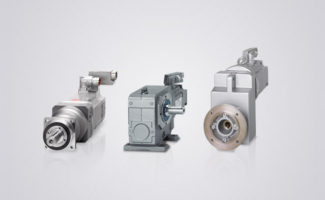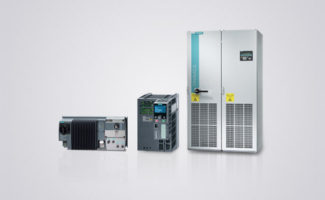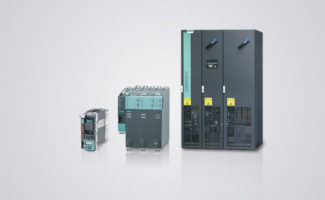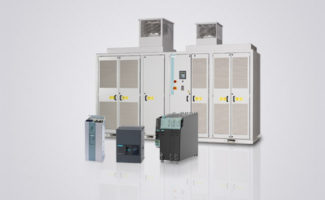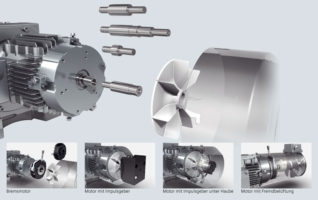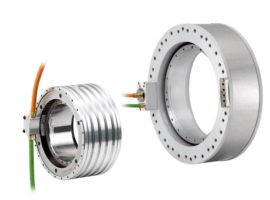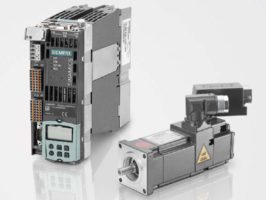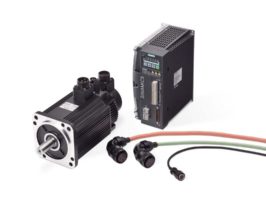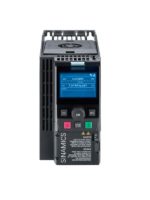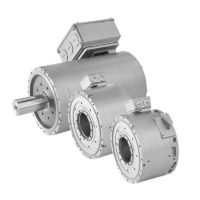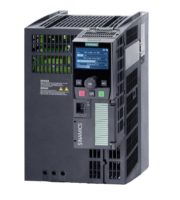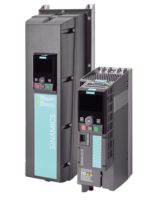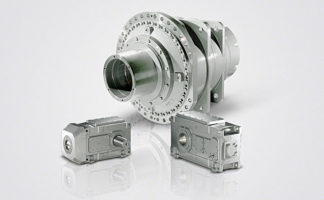
6/8
Siemens NC 62 · 2016
SIMOTICS motors
Technical definitions for AC motors
6
■
Overview
Regulations, standards and specifications
The motors comply with the appropriate standards and
regulations, see table below.
As a result of the fact that in many countries the national
regulations have been harmonized with the international
IEC 60034-1 recommendation, there are no longer any differ-
ences with respect to coolant temperatures, temperature
classes and temperature rise limits
The motors listed below are UL-approved by Underwriters
Laboratories Inc. and also comply with Canadian cUR standards:
SIMOTICS S-1FK7/1FT7/
SIMOTICS T-1FW3/1FW6/SIMOTICS M-1PH8 (without brake)/
SIMOTICS L-1FN3.
Degrees of protection for AC motors
A suitable degree of protection must be selected depending
on the operating and environmental conditions to protect the
machine against:
•
Ingress of water, dust and solid foreign objects,
•
Contact with or approach to rotating parts inside a motor and
•
Contact with or approach to live parts.
Degrees of protection of electric motors are specified by a code.
This comprises two letters, two digits and, if required, an
additional letter.
IP
(International Protection)
Code letter designating the degree of protection against contact
and the ingress of solid foreign objects and water
0
to
6
1st digit designating the degree of touch protection and
protection against ingress of solid foreign objects
0
to
8
2nd digit designating the degree of protection against ingress
of water (no oil protection)
W, S
and
M
Additional code letters for special degrees of protection
Recommended degrees of protection for AC motors
When cooling lubricants are used, protection against water
alone is inadequate. The IP rating should only be considered as
a guideline in this case. The motors must be protected by a suit-
able cover where necessary. Attention must be paid to providing
suitable sealing of the motor shaft for the selected degree of
protection for the motor (for 1FT7: degree of protection IP67 and
flange 0).
The table can serve as a decision aid for selecting the proper
degree of protection for motors. With mounting position
IM V3/IM V19/IM V6/IM V35 with shaft extension facing upwards,
a permanent covering of liquid on the flange must be avoided.
General specifications for rotating
electrical machines
IEC 60034-1
Terminal designations and direction of
rotation for electrical machines
IEC 60034-8
Types of construction of rotating electrical
machines
IEC 60034-7
Cooling methods of rotating electrical
machines
IEC 60034-6
Degrees of protection of rotating
electrical machines
IEC 60034-5
Vibration severity of rotating electrical
machines
IEC 60034-14
Noise limit values for rotating electrical
machines
IEC 60034-9
Cylindrical shaft extensions for
electric machines
DIN 748 Part 3/
IEC 60072
Most motors are supplied with the following degrees of protection:
Motor
Degree
of pro-
tection
1st digit:
Touch
protection
Protection
against foreign
objects
2nd digit,
protection
against water
Internally
cooled
IP23
Protection
against
finger
contact
Protection
against
medium-sized,
solid foreign
objects above
12 mm
(0.47 in) Ø
Protection
against spray
water up to 60°
from the
vertical
Surface-
cooled
IP54
Complete
protection
against
accidental
contact
Protection
against
harmful dust
deposits
Splash water
from any
direction
IP55
Jet water from
any direction
IP64
Complete
protection
against
accidental
contact
Protection
against ingress
of dust
Splash water
from any
direction
IP65
1)
Jet water from
any direction
IP67
1)
Motor under
defined
pressure and
time condi-
tions under
water
Liquids
Effect
General workshop
environment
Water; general
cooling lubricant
(95 % water, 5 % oil)
Dry
IP64
–
Liquid-enriched
environment
–
IP64
Mist
–
IP65
Spray
–
IP65
Jet
–
IP67
Splash/brief immersion/
constant inundation
–
IP67
1)
DIN VDE 0530 Part 5 or EN 60034 Part 5 specifies that there are only
5 degrees of protection for the first digit code and 8 degrees of protection
for the second digit code in relation to rotating electrical machinery.
However, IP6 is included in DIN 40050 which generally applies to electrical
equipment.
© Siemens AG 2016



